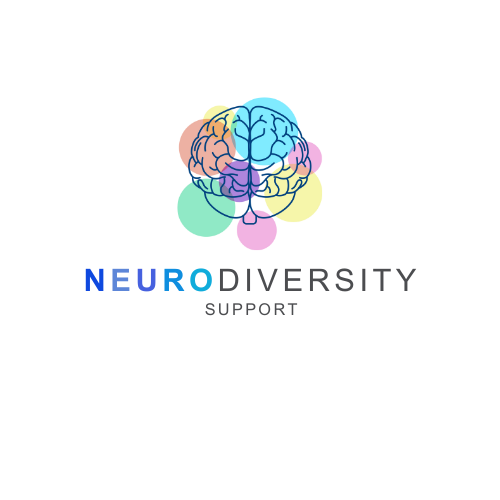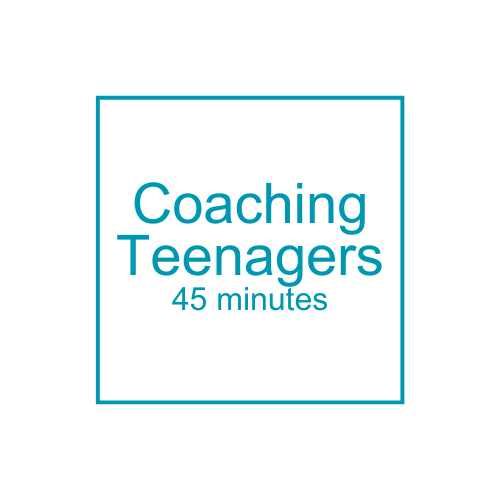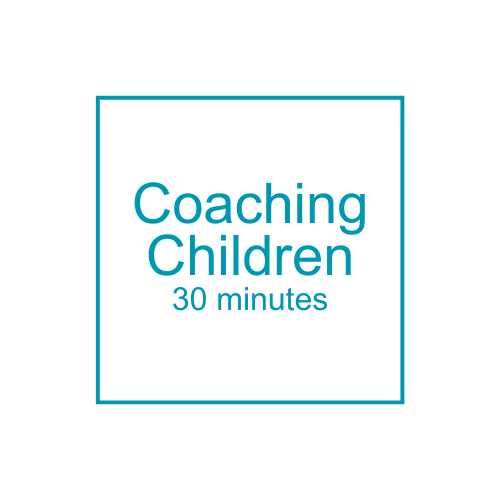Are We Really Preparing Our Teens for the Realities of Sex and Relationships?
As a parent of two incredible teenagers, I never imagined that conversations about sexual intimacy would become such an important part of our family journey.
But here I am, deep in those discussions — and feeling the weight of responsibility with every word. I’m not just talking about biology or protection, but about trust, self-worth, pleasure, consent, and emotional safety.
And it makes me wonder:
Is our current sex education system truly preparing our teens for real life — or are we leaving them to figure it out through the lens of pornography and silence?
In my work with young people and adults — many of them neurodiverse — I see the long-term impact of inadequate sex education. I often support individuals who struggle with boundaries, consent, and intimacy because their early experiences were shaped by what they saw online, rather than what they were taught at home or in school.
Preparing Teens for Sex and Relationships: Are We Doing Enough?
Pornography as the First Teacher?
The uncomfortable truth is that many teens today — especially boys — are learning about sex through pornography. For neurodivergent teens, particularly those with ADHD, the dopamine-seeking brain can quickly get hooked on the instant gratification that porn offers.
But the messages it sends?
They’re often unrealistic, sometimes violent, and nearly always missing any sense of real emotional connection.
These portrayals distort expectations, blur the lines between fantasy and reality, and leave many teens feeling confused, ashamed, and unprepared for healthy relationships.
Silence, Shame, and the Need for Change
I grew up in a home where sex was never talked about. Body image, consent, pleasure — these topics were wrapped in anxiety and silence. My mum, like many parents of her generation, felt overwhelmed and avoided it completely.
I learned about sex from whispered conversations, awkward school lessons, and one cringeworthy condom-on-a-banana demonstration. It wasn’t enough.
My teenage years included a traumatic sexual assault I never told anyone about.
That silence followed me into adulthood, affecting my relationships and self-worth. I accepted behaviours I now know were never okay. I’m determined that my children won’t carry that same burden.
The Power of Honest Conversations
Now, I’m having the conversations I never had. Not just about safety, but about intimacy, desire, and respect. We talk about body autonomy, knowing your boundaries, giving and receiving consent, and recognising your worth.
These conversations aren’t just important — they’re life-changing.
A powerful resource that helped me reframe these talks is the Netflix series The Principles of Pleasure. It dives into the science, emotions, and social aspects of sex — especially from a female perspective. It’s the kind of content I wish every teen could watch, alongside open, supportive conversations at home and at school.
The Stats Tell a Concerning Story
According to the Crime Survey for England and Wales, around 1.1 million adults were victims of sexual assault in the year ending March 2022, with 16.6% of adults experiencing sexual assault since the age of 16.
Alarmingly, police-recorded sexual offences rose by 31% that same year. While some of this might reflect better reporting, it also points to a stark reality: something isn’t working.
We need to ask ourselves:
Are rising rates of sexual harm linked to increased internet use and exposure to violent or unrealistic sexual content? And what role does our patchy, outdated sex education system play in this?
What Needs to Change
We need comprehensive, age-appropriate, and honest sex education — ideally starting in secondary school, if not earlier. This education must go beyond basic biology and contraception.
It should include:
Emotional intelligence and empathy
Consent and healthy communication
The impact of pornography on expectations and relationships
Pleasure as a mutual, respectful experience
Self-worth and body confidence
Neurodiverse perspectives on intimacy and relationships
Parents also need to feel empowered to have these conversations.
I know how daunting it can be, but we owe it to our teens to push past the discomfort and replace shame with knowledge.
Looking Ahead
I hope the government takes this issue seriously. The stakes are too high to keep patching lessons together with bananas and blushes.
Our children deserve better.
As a parent, a professional, and someone with lived experience, I’m committed to breaking the cycle.
My children will grow up informed, confident, and respected — and I want the same for every young person.
Let’s stop leaving their sexual education to the internet. Let’s start having the real conversations — at home, in schools, and in society.
I offer a free 10-minute chat to explore what’s happening for you and look at how I can help. You can book it here
Stay Quirky, Stay Brilliant!! 🧠🌈✨
Kelly Young DIP He (Social Sciences)
Neurodiverse Consultant and Coach
Further Resources:
The Principles of Pleasure – Netflix
Sexual Offences Statistics – ONS
Comprehensive Sex Education – UNESCO Guidance
We need your consent to load the translations
We use a third-party service to translate the website content that may collect data about your activity. Please review the details in the privacy policy and accept the service to view the translations.







